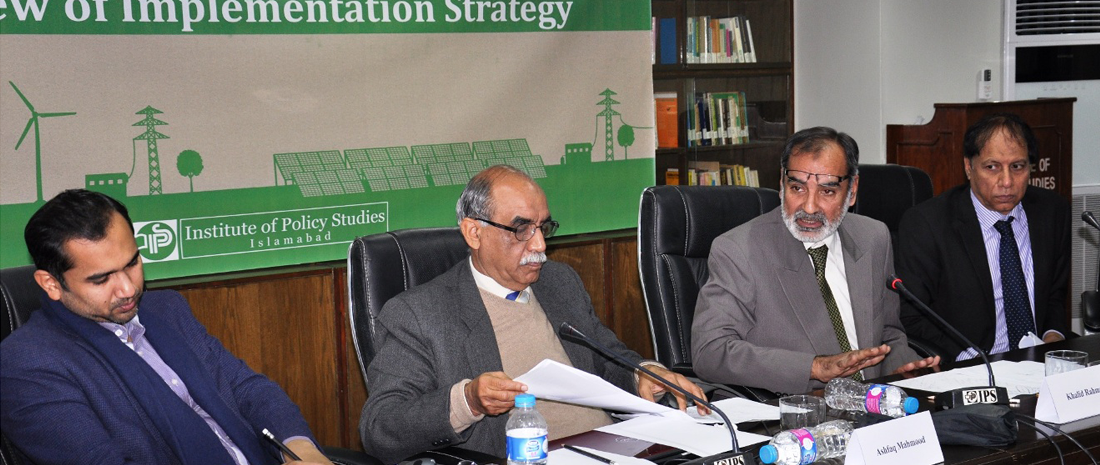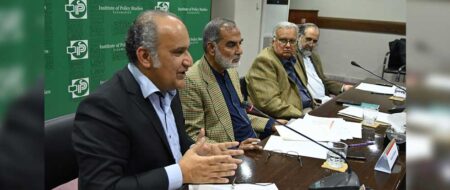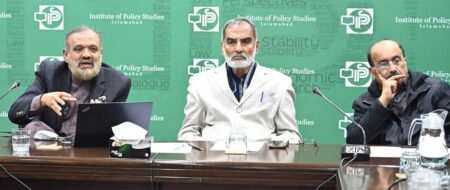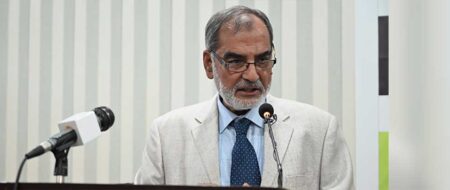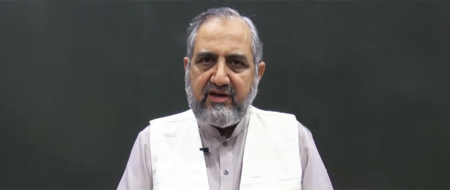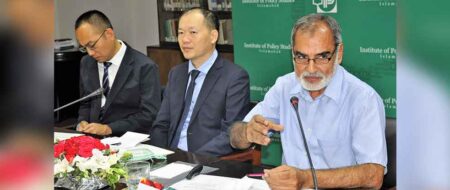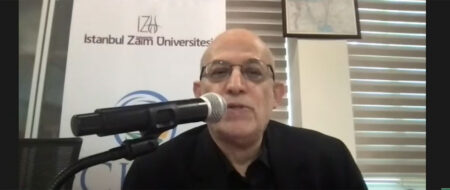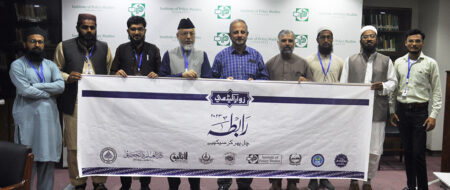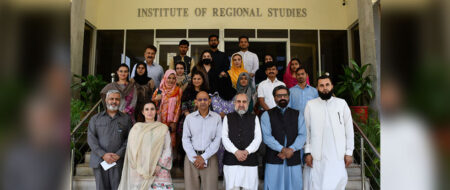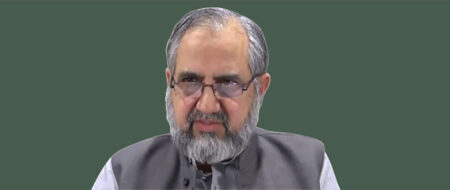Energy Efficiency & Conservation Act 2016: Review of Implementation Strategy
A round-table held at Institute of Policy Studies (IPS) on 26 January 2017 to review the implementation strategy of National Energy Efficiency & Conservation Act 2016 was informed by Engr. Asad Mahmood – who represented Hasan Nasir Jamy, the managing director of the newly established NEECA (National Energy Efficiency & Conservation Authority) in the policy dialogue – that the draft national policy for an integrated implementation approach following the much awaited legislation would be shared with all the stakeholders for their feedback within the next couple of weeks.
The legislation has led to the formation of Pakistan Energy Efficiency and Conservation Board (PEECB) – comprising 23 members including federal minister for water & power as chairman, federal secretary water & power as secretary and federal secretaries finance, petroleum and natural resources, planning, science and technology, industries, housing and works, climate change; provincial secretaries of designated departments, chairmen of OGRA and NEPRA, MD NEECA, nominee of FPCCI, and five members from private sectors as members – under which the NEECA has been established with the mandate and objectives to ensure sustainable development through conservation and efficient use of energy in all sectors of the economy; establish institutions, stipulate mechanisms and procedures for energy saving potential; and help mitigate adverse effects of climate change.
He admitted that the Authority was in its formation phase and there were a lot of challenges ahead to institutionalize the implementation of the law and constitute an infrastructure for the same. The draft national policy was also yet to be shared with the stakeholders. However, a number of pilot projects, such as energy efficiency labeling of fans manufactured in Pakistan, setting up of quality testing labs in all the provinces and planning for appliance replacement programs have already been initiated, he revealed.
The roundtable at IPS was chaired by Ashfaq Mahmood, former secretary water and power and patron of the Energy Management Programme at COMSATS and was addressed by a number of energy experts and policy researchers including K.M. Zubair, former managing director of ENERCON (predecessor of NEECA), Ahmad Sohail, technical advisor, Arizona State University (based at UET, Peshawar), Ata-ul-Haque Akhtar, former director-general, Public Works Department (PWD), Masud Daher, former federal secretary and Dr Musarrat Jabeen, assistant professor, National Defence University. DG-IPS Khalid Rahman also spoke on the occasion.
Ahmad Sohail and some other discussants stressed the critical need to improve the governance and efficiency of public sector power generation and distribution companies, which, according to them, were responsible for the wastage of one-third of the energy produced in the country.
In his concluding remarks, Ashfaq Mahmood criticized the formation of PEECB terming it an overtly bureaucratic approach defined by the legislation. The appliance replacement program, he feared, would also fell victim to the bureaucratic approach if the private sector was not involved actively and a credit line was not made available through banks and financial institutions for the industry to opt for it. However, he appreciated that NEECA in its initial phase is focusing on efficiency and quality of the supply side, which he said was not thought about earlier.
He underlined the need for creating incentives for the consumers and industry and involving the private sector to meet the objectives of energy efficiency and conservation. He cited the example of energy service managers in the developed countries who have enabled industries to be more and more energy efficient.
Energy Conservation Law


